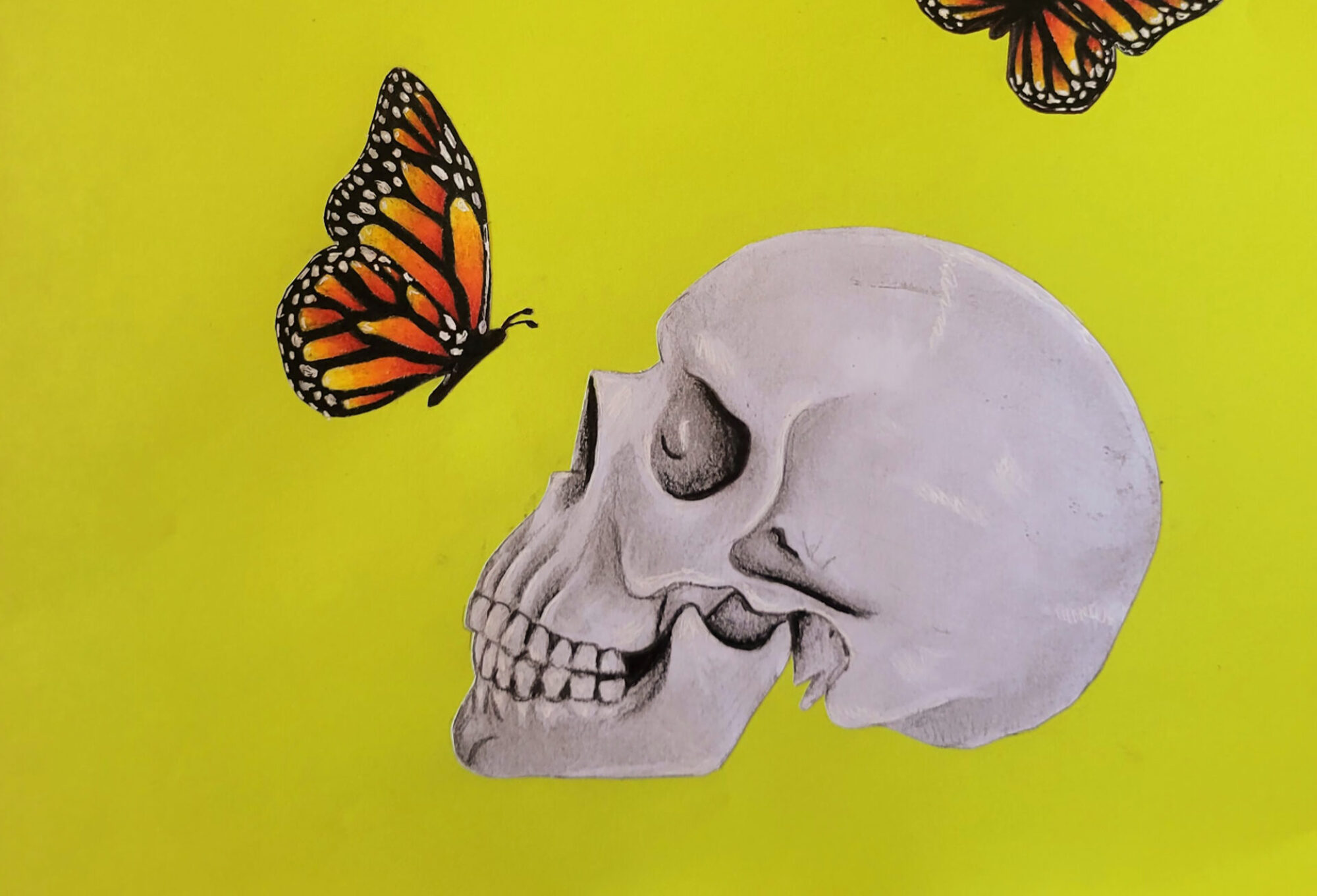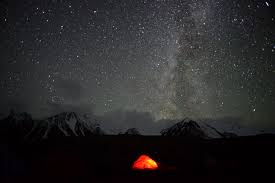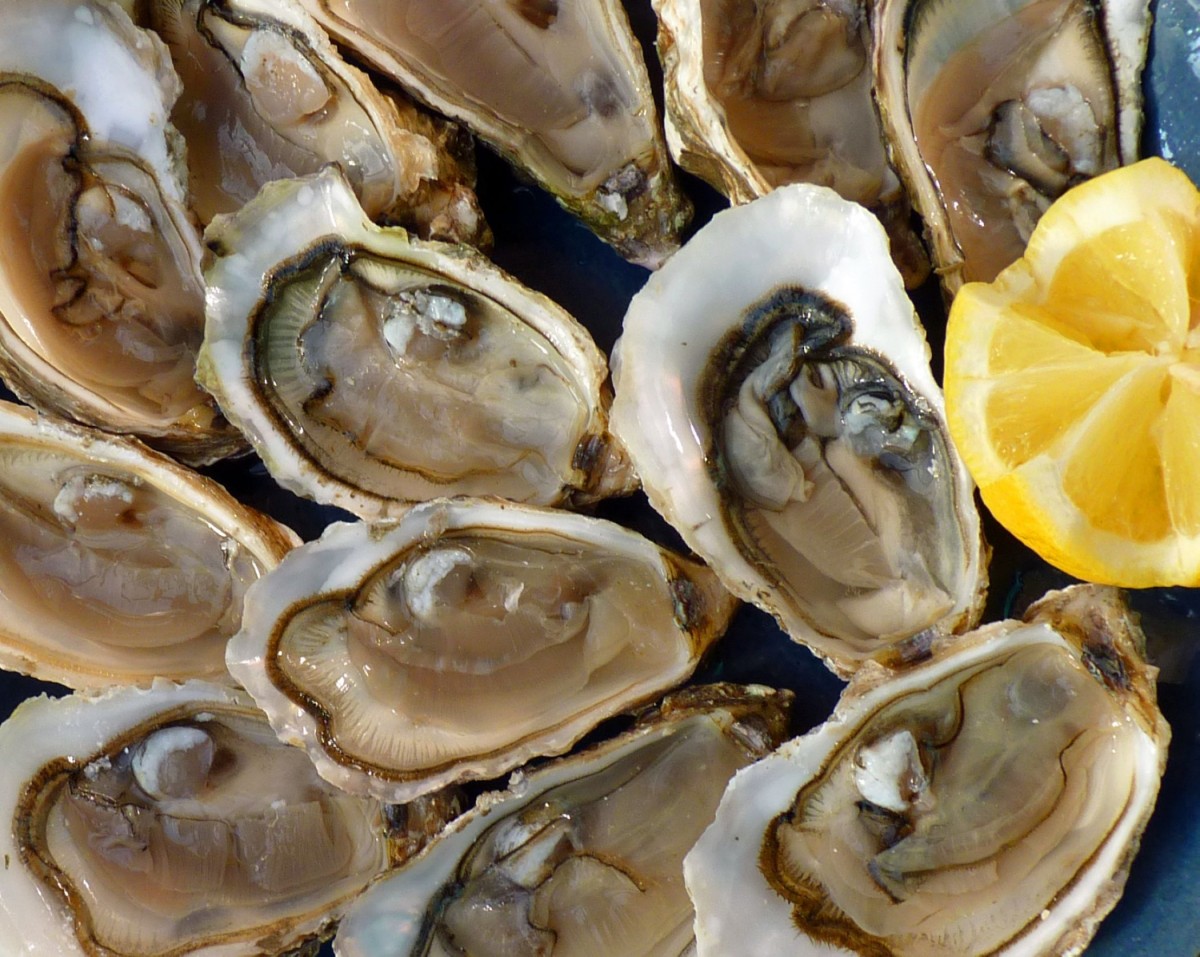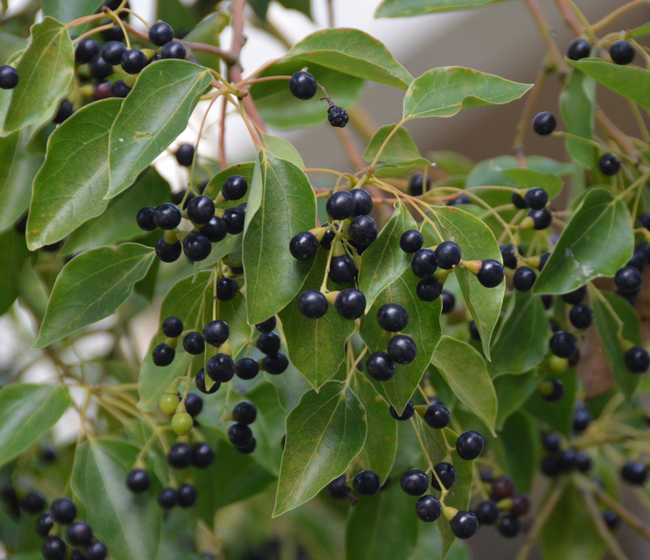When spring arrives in Florida, no one safely traverses our back patio. Our camphor tree, cinnamomum camphora, which provides plenteous shade from Florida’s searing summer wrath, nevertheless, turns on us. This tree is considered a weed in many southern states—invasive through seed transfer.
The camphor tree’s barrage of pea-size seeds pelts our outdoor back-porch entertainment area. These ground-covering turgid terrors taunt our household with the potential for a typical Three Stooges’-style pratfall. The branches of the tree move not by wind but rather from a belly laugh deep within the tree’s soul. So, as the seasons transition, I am once again compelled to dance with our beloved weed tree.
Last January, two hard freezes decided to even the previous summer’s scorching score. These wintery, icy lashings confused our Asian-born arbor as she struggled to find her regular rhythm of ripening and sloughing. The usual thrice-yearly deposit of seeds upon our patio walkway now had become a twice-spring event. Additionally, the fecund camphor berries found no mercy from the desiccating sun.
Florida’s penetrating sun had fried these granular hopefuls into dried, solid kernels whose rocky hardness then tested the equilibrium of any barefoot pedestrian daring to walk within their gritty paths.
When such copious fallout occurs, I am favored with frequent opportunities to strap on my dancing shoes to sweep the pestering pits off the porch—especially when surprised by the news of unexpected guests arriving soon.
Under such social pressure, most self-respecting wards of nature—like myself—would partner with a large and powerful dry vacuum to do battle with these peppercorn-like irritants. However, my R2D2 clean-up-imposter proved awkward as the vacuum lumbered to learn my amateur dance moves. With the tank’s wheels hobbling over bare toes, I stumbled, the chord entangled, and in an effort to maintain ballroom grace, I sprang aloft to create a breathless beating-of-the-feet-movement, but instead landed on the concrete in a crumpled heap.
As our plush tree cheerily whirled her branches with the wind, trickles of camphor seeds tittered and rolled—hissing snide chuckles as they skittered along the hot patio pavement.
I stood undaunted by this attempt to keep me from removing the smirking seeds—determined that my impending guests would not be held house-bound to pits that lay in wait for a tenderfoot to venture out.
Awkwardly, I cast off the clumsy vacuum bloke and warily approached my prickly opponents with a less-modern, but more interpretive removal technique: the ancient Alegrias—the Spanish Gypsy bullfighting dance. I had a fool-proof but time-tested attack plan. I knew the camphor stones would be no match for my crude adaptation of the dramatic Latin rendition utilizing my fleet-of-foot, but less-than-graceful partners—ye old broom and dustpan.
In hand, I charged gallantly with straw-lance and dirt-catcher—doubting that tipping at windmills would work more successfully for me than it had for Don Quixote.
All of nature seemed to converge against me and impede my agile broom-and-pan ballet. A sinister, smoldering cloud rolled in from the West—darkening and chilling the dance floor.
And if nature’s bullying was not enough, the phone rang: Company was on the way!
I gritted my teeth: No last-ditch, blusterous assault—no truculent gusts would stop me.
Nevertheless, in the spirit of sportsmanship, before sweeping these parched seeds into the dustpan, I bowed before these dauntless, breeze-blown nodules. As I scooped up the last gritty morsels, I teetered in giddy crescendo raising the dustpan heavenward like a sacrifice to the gods.
Subdued on the dustpan, the defeated seeds lay dormant all the way to the compost pile.
Returning to the tree, I stood beneath this immense, vanquished monarch—gazing straight up as I placed my palm upon a warm and shaggy bark.
I sensed the tree’s imperious aloofness to my arduous labors with her royal gems—her movements syncopated solely to the currents of the wind.
Forgetting the knock on the front door, and transfixed by her towering majesty, I felt faint—swooned by the promise of future dances laced with seeds.
Jill Clark is a freelance writer who writes for adults and children. Recent publications include the folkloric-horror short story series Machete published through Lyonesse Press: The Silver Empire. Forthcoming poetry will appear in Pocket Change Literary Magazine and Poems for the Night Sky S.R. Savage Publishing.










